Water Vole Drawing
Water Vole Drawing - Web the class will be hosted by nature artist laura cuppage, who will begin with a detailed drawing demonstration, focusing on the anatomical features of water voles. Web the wildlife trusts’ national water vole database and mapping project charts changes in water vole distribution, providing information to support those working to protect and recover populations of this endangered species. On dec 1, 2019 dec 1, 2019 by gavin bowyer fine art : Web this course, led by merryl gelling, is aimed at professionals, and assumes some prior experience of water vole ecology. Read more about the national water vole database & mapping project and download the outputs. This animal has been historically considered a member of genus arvicola , but molecular evidence demonstrates that it is more closely related to north american microtus species. The head and snout of the water vole are flatter and more rounded than those of other rodents, and its ears are generally much smaller. The water vole is under serious threat from habitat loss and predation by the american mink. [3] water voles have rounder noses than rats, deep brown fur, chubby faces and short fuzzy ears; Web water voles are britain’s largest voles, with fully grown adults reaching lengths of 20cm (plus a 12cm tail) and weighing up to 350g. Web they are strong swimmers and float higher in the water than a rat. Web the water vole (microtus richardsoni) is the largest north american vole. Best known as 'ratty' from 'wind in the willows', the furry water vole is an endearing waterways character. Design illustration beginners, novices and intermediate art lovers all welcome. Tail shorter than water vole tail,. This virtual art class will have an introduction from emily sabin, our water vole officer, and will help you reconnect with nature through drawing, all while raising money for our conservation. Read more about the national water vole database & mapping project and download the outputs. It is often informally called the water rat , though it only superficially resembles. They are charismatic little creatures with a round face, a blunt nose, a short furry tail and glossy dark brown or black fur. Web this course, led by merryl gelling, is aimed at professionals, and assumes some prior experience of water vole ecology. Males tend to be larger than females. They have the texture of putty when fresh and will. Design illustration beginners, novices and intermediate art lovers all welcome. Web they are strong swimmers and float higher in the water than a rat. Web the class will be hosted by nature artist laura cuppage, who will begin with a detailed drawing demonstration, focusing on the anatomical features of water voles. The colour ranges from green, brown, black and can. It all depends what plant matter they were last feeding on and breeding females have been known to opportunely consume a fish. Read more about the national water vole database & mapping project and download the outputs. Web water voles are the largest species of vole in britain and are sometimes mistaken for brown rats, which can be found in. Web the class will be hosted by nature artist laura cuppage, who will begin with a detailed drawing demonstration, focusing on the anatomical features of water voles. Web the wildlife trusts’ national water vole database and mapping project charts changes in water vole distribution, providing information to support those working to protect and recover populations of this endangered species. Design. This virtual art class will have an introduction from emily sabin, our water vole officer, and will help you reconnect with nature through drawing, all while raising money for our conservation. Water voles are important engineers in the landscape and other species benefit from their activities. Web they are strong swimmers and float higher in the water than a rat.. Males tend to be larger than females. Web the wildlife trusts' water vole projects. Web the wildlife trusts’ national water vole database and mapping project charts changes in water vole distribution, providing information to support those working to protect and recover populations of this endangered species. Web they are strong swimmers and float higher in the water than a rat.. [3] water voles have rounder noses than rats, deep brown fur, chubby faces and short fuzzy ears; Choose from 74 drawing of the vole stock illustrations from istock. The water vole’s habitat is along rivers streams, ditches around ponds, lakes, marches, reedbeds and areas of wet moorland. It is often informally called the water rat , though it only superficially. Web the water vole (microtus richardsoni) is the largest north american vole. Web the water vole is a small sized rodent with a dark brown coat of fur, that has a number of black hairs scattered across it, and a lighter, greyish underside. The water vole’s habitat is along rivers streams, ditches around ponds, lakes, marches, reedbeds and areas of. The water vole’s habitat is along rivers streams, ditches around ponds, lakes, marches, reedbeds and areas of wet moorland. They create burrows in the banks and feed primarily on reeds, rushes, sedges and other aquatic vegetation. The colour ranges from green, brown, black and can be purple or reddish. [3] water voles have rounder noses than rats, deep brown fur, chubby faces and short fuzzy ears; Web the class will be hosted by nature artist laura cuppage, who will begin with a detailed drawing demonstration, focusing on the anatomical features of water voles. Web the water vole is a small sized rodent with a dark brown coat of fur, that has a number of black hairs scattered across it, and a lighter, greyish underside. The head and snout of the water vole are flatter and more rounded than those of other rodents, and its ears are generally much smaller. Web ptes water vole officer emily sabin will tell you all about water voles and her work around the country to monitor and protect this threatened species, and laura cuppage from wild life drawing will give you tips and tricks to. Web water voles are britain’s largest voles, with fully grown adults reaching lengths of 20cm (plus a 12cm tail) and weighing up to 350g. Web learn to draw ‘nibbles’ the water vole. Design illustration beginners, novices and intermediate art lovers all welcome. It all depends what plant matter they were last feeding on and breeding females have been known to opportunely consume a fish. It is found in the northwestern united states and southern parts of western canada. Unlike rats their tails, paws and ears are covered with. Web this course, led by merryl gelling, is aimed at professionals, and assumes some prior experience of water vole ecology. This animal has been historically considered a member of genus arvicola , but molecular evidence demonstrates that it is more closely related to north american microtus species.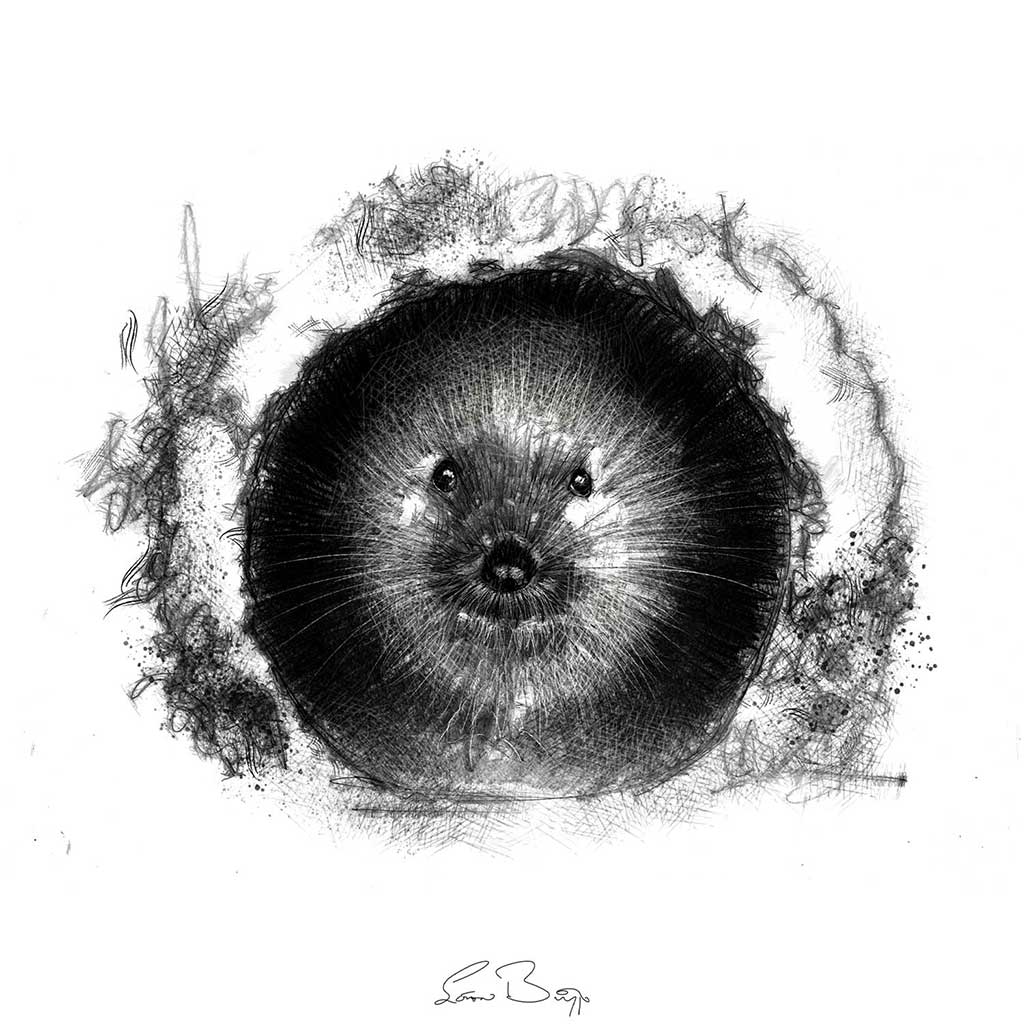
Original Water vole sketch SeanBriggs
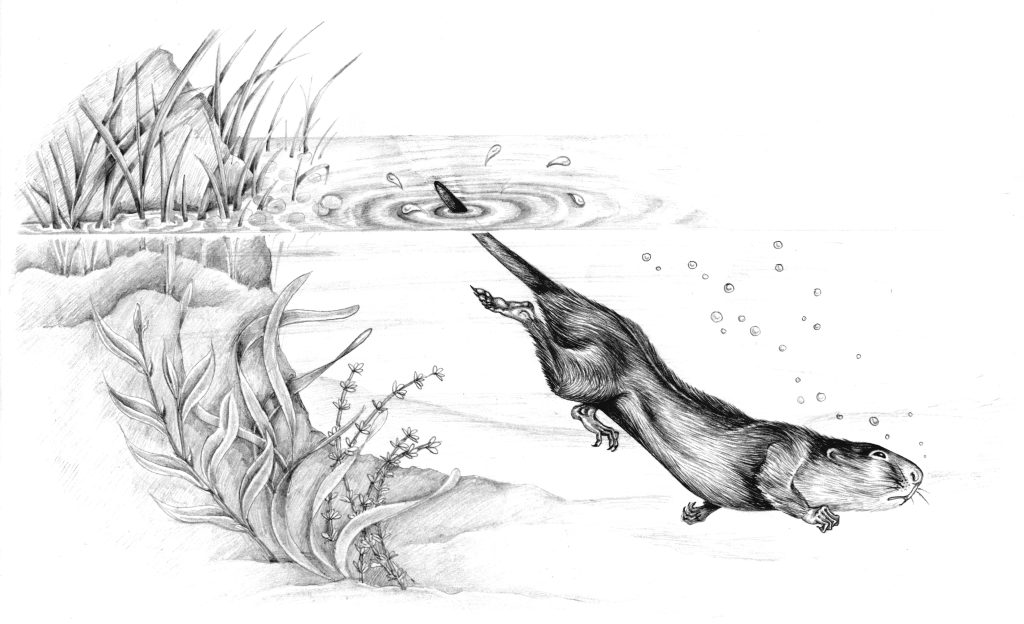
Water vole Arvicola amphibius 2 Lizzie Harper
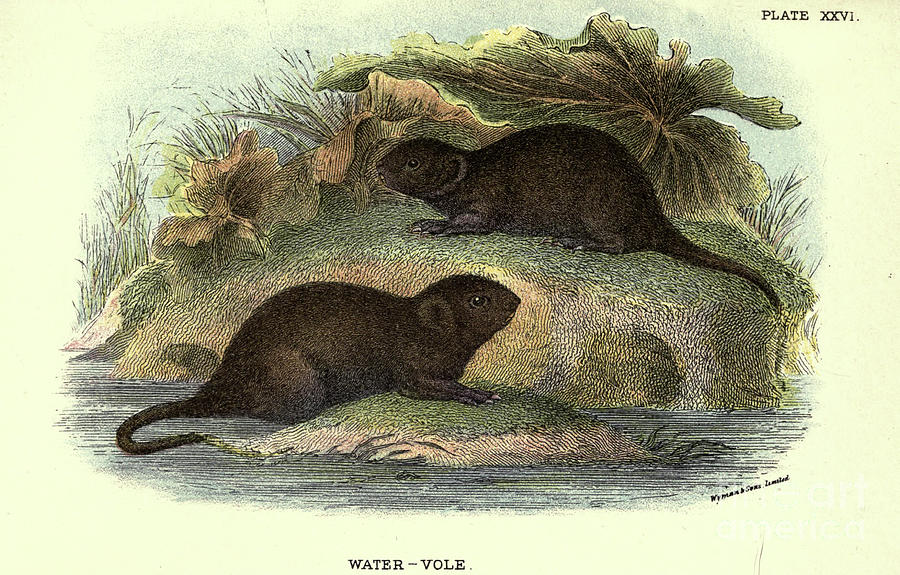
European water vole Arvicola amphibius n1 Drawing by Historic
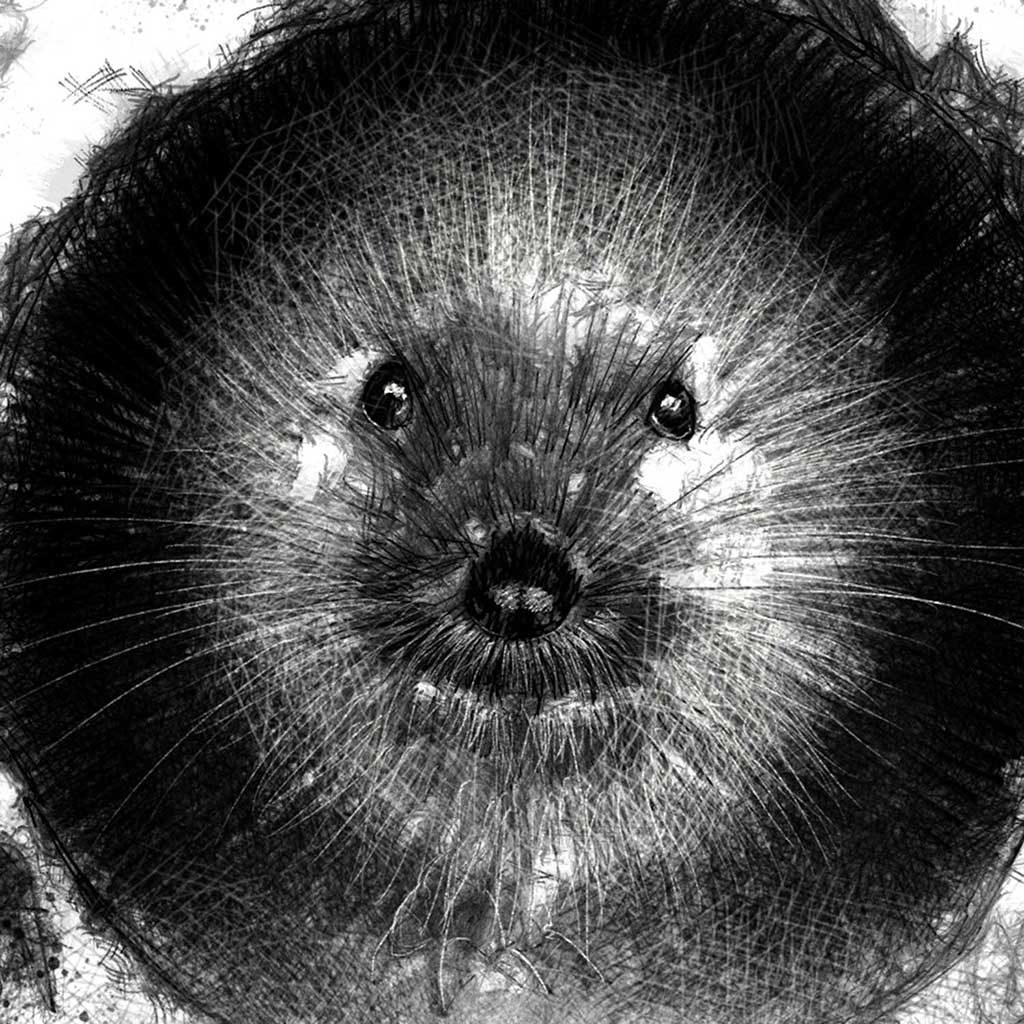
Original Water vole sketch SeanBriggs
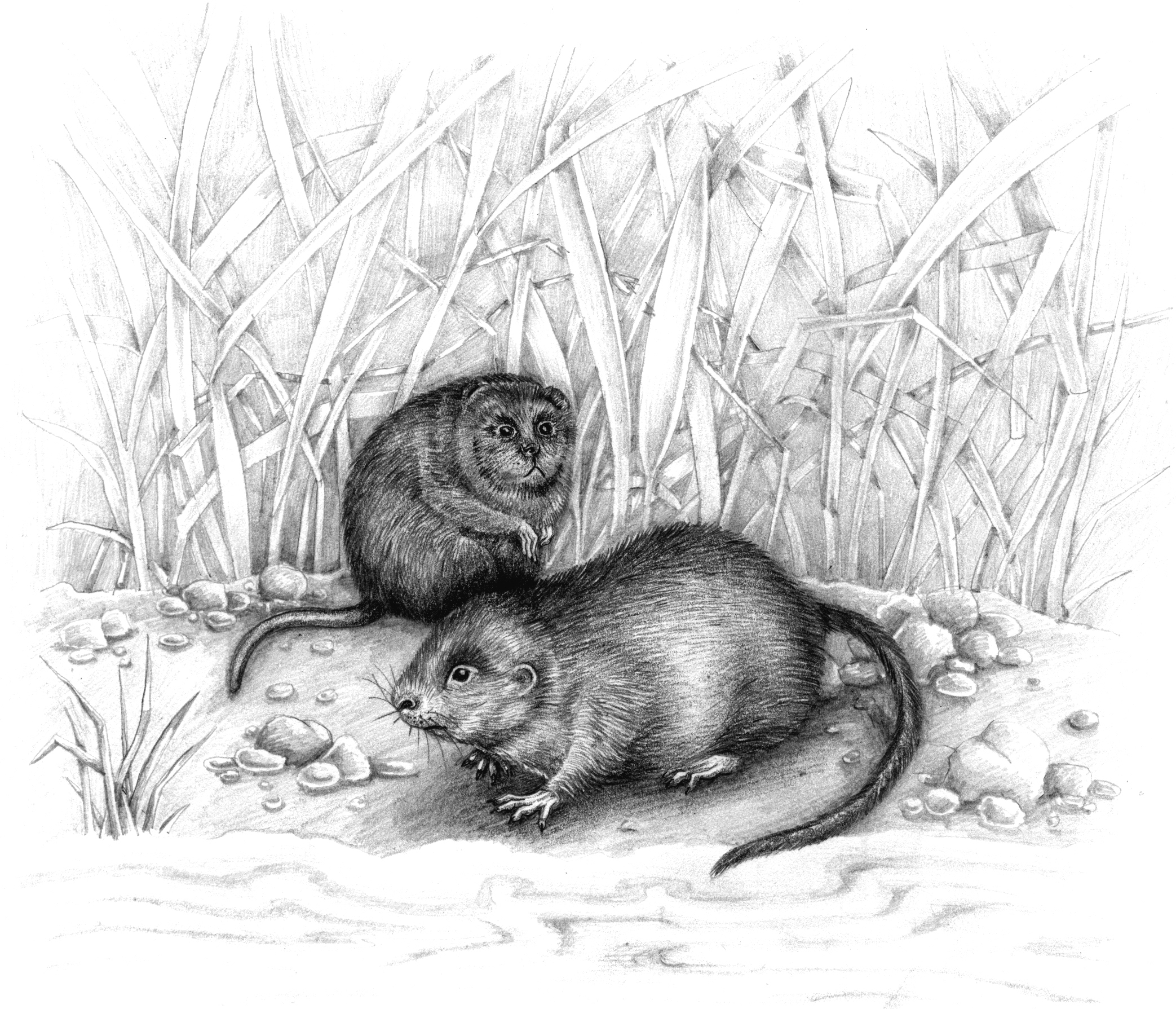
Water vole Arvicola amphibius Lizzie Harper

Water vole SeanBriggs

how to draw a vole wesleyinzano

Water Vole original portrait in watercolour via Etsy Wildlife art
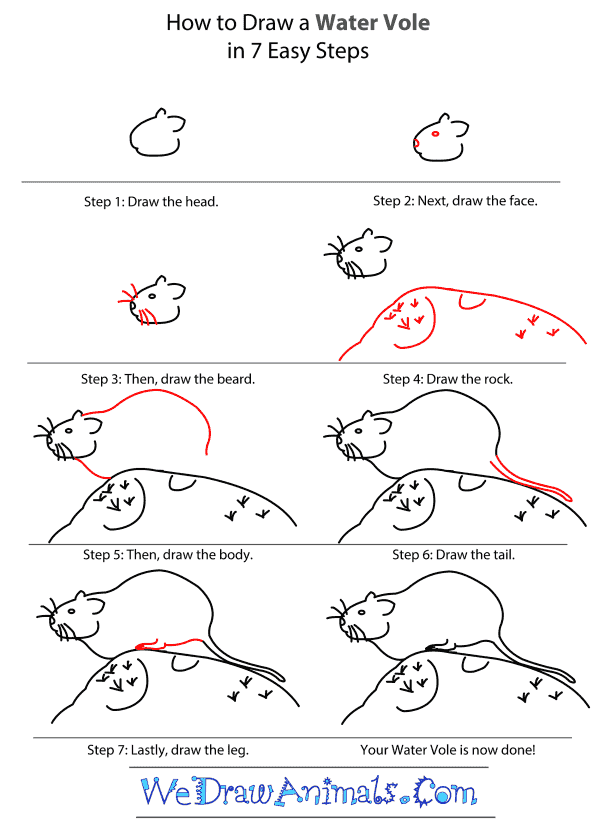
How to Draw a Water Vole

British Water Vole pencil drawing/pet art/animal art/nursery art
They Are Charismatic Little Creatures With A Round Face, A Blunt Nose, A Short Furry Tail And Glossy Dark Brown Or Black Fur.
Web Water Voles Are The Largest Species Of Vole In Britain And Are Sometimes Mistaken For Brown Rats, Which Can Be Found In A Similar Habitat.
Best Known As 'Ratty' From 'Wind In The Willows', The Furry Water Vole Is An Endearing Waterways Character.
Web The Water Vole (Microtus Richardsoni) Is The Largest North American Vole.
Related Post: